Specifications
{{item.name}}
{{item.value}}
Tea tree oil (scientific name: Melaleuca alternifolia) is a natural essential oil extracted from the leaves of the Australian native tea tree. It is widely used in both traditional and modern medicine due to its broad-spectrum antibacterial, anti-inflammatory, and antifungal properties. Below are its primary therapeutic effects and scientific evidence:
1. Antibacterial & Anti-Infective
- Acne treatment: Tea tree oil (especially at 5%-10% concentration) effectively inhibits Propionibacterium acnes, reducing inflammation and redness. Studies show its efficacy is comparable to benzoyl peroxide but with less irritation.
- Wound disinfection: When diluted, it can be used for minor cuts or scrapes to prevent bacterial infections (avoid open wounds or sensitive skin).
2. Antifungal Properties
- Athlete’s foot (tinea pedis): Inhibits fungi like Trichophyton rubrum, relieving itching and peeling (requires consistent use for weeks).
- Nail fungus (onychomycosis): Some studies suggest it improves mild infections, though results are gradual.
3. Scalp Relief
- Dandruff & seborrheic dermatitis: Adding it to shampoo can reduce Malassezia overgrowth, alleviating scalp itchiness and flakes.
4. Anti-Inflammatory & Soothing
- Insect bites or skin allergies: Diluted application can reduce itching and swelling (perform a patch test to avoid allergic reactions).
5. Oral Care
- Gingivitis or bad breath: Adding 1-2 drops to mouthwash (diluted in water) can inhibit oral bacteria—do not swallow.
6. Household Cleaning
- As a natural disinfectant, it can be added to cleaners to kill surface bacteria (e.g., Staphylococcus aureus, E. coli).
Usage Precautions
- Always dilute: Pure oil may irritate the skin. Dilute with carrier oils (e.g., coconut, jojoba) at 1%-5% concentration.
- Patch test: Apply a small amount to the wrist or behind the ear and wait 24 hours before broader use.
- Avoid ingestion: Accidental consumption may cause toxicity (e.g., dizziness, vomiting). Use caution with children, pregnant individuals, and pets.
- Avoid contact with eyes and mucous membranes.
- Photosensitivity: While tea tree oil itself is non-photosensitizing, exercise caution when blending with citrus oils.
CUSTOMER REVIEWS
{{commentStat.averageRating}}
{{commentStat.total}} Revirews
All({{commentStat.total}})
Images({{commentStat.imgSum}})
5 Star({{commentStat.praiseSum}})

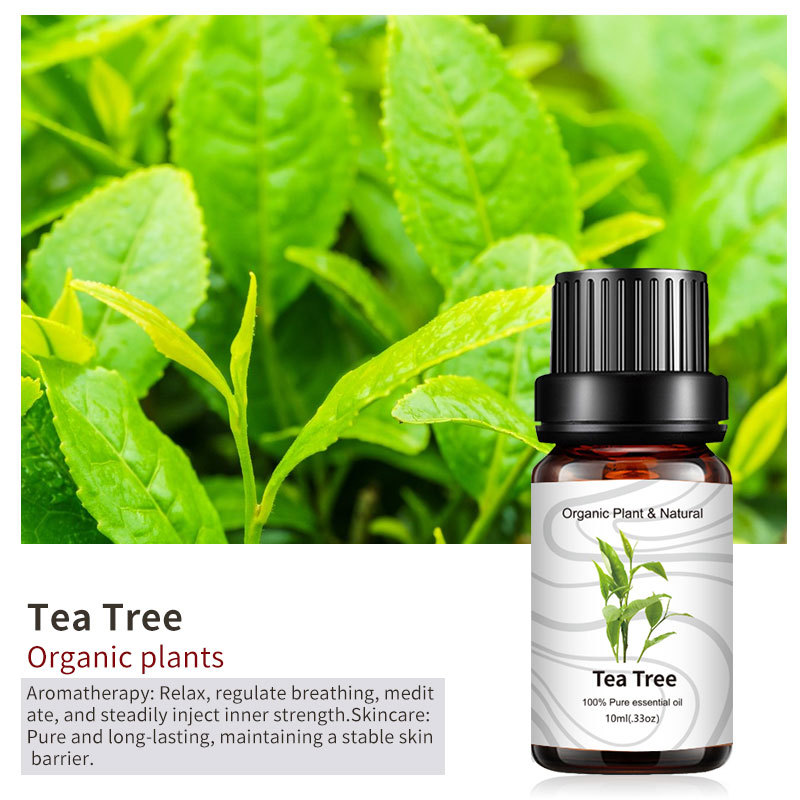
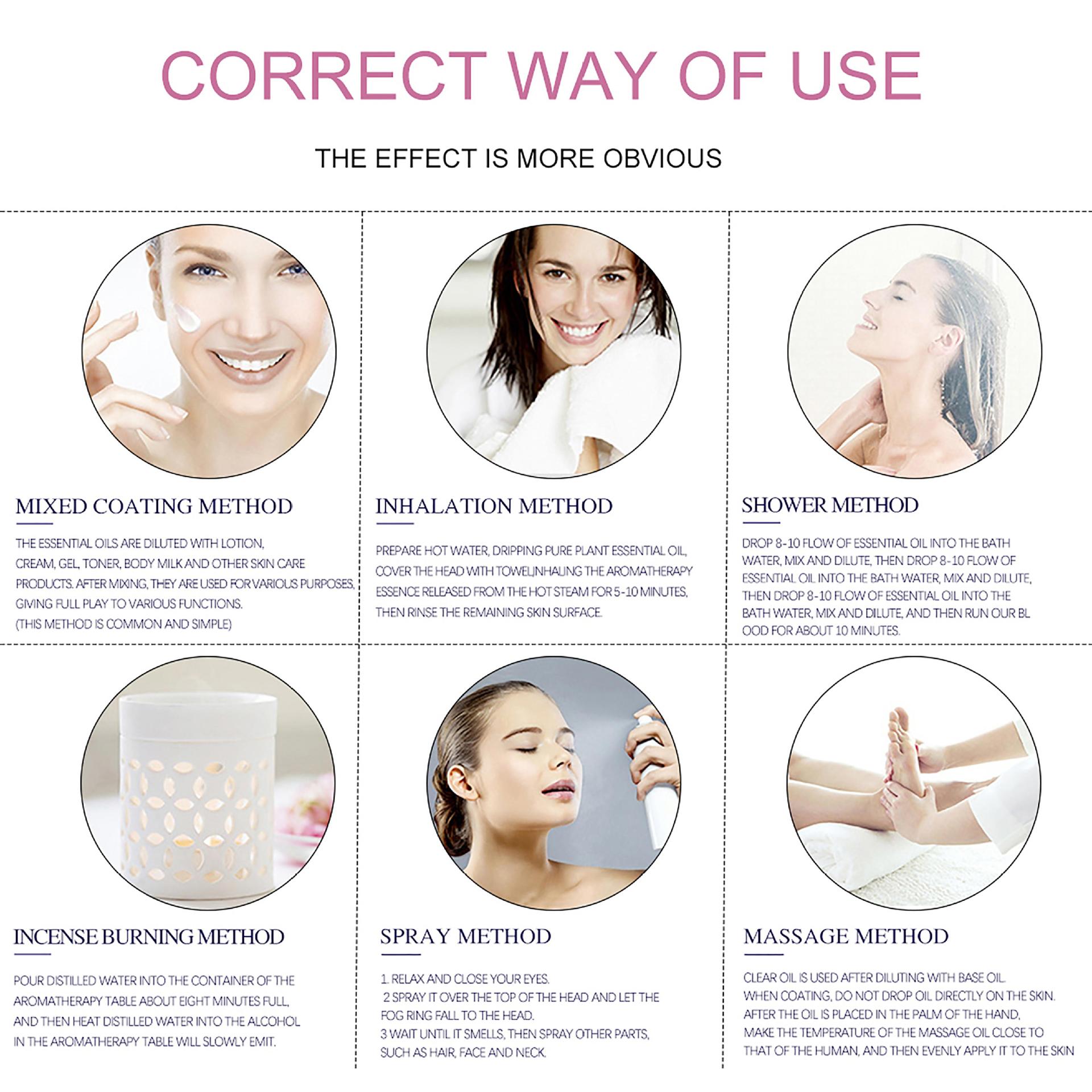
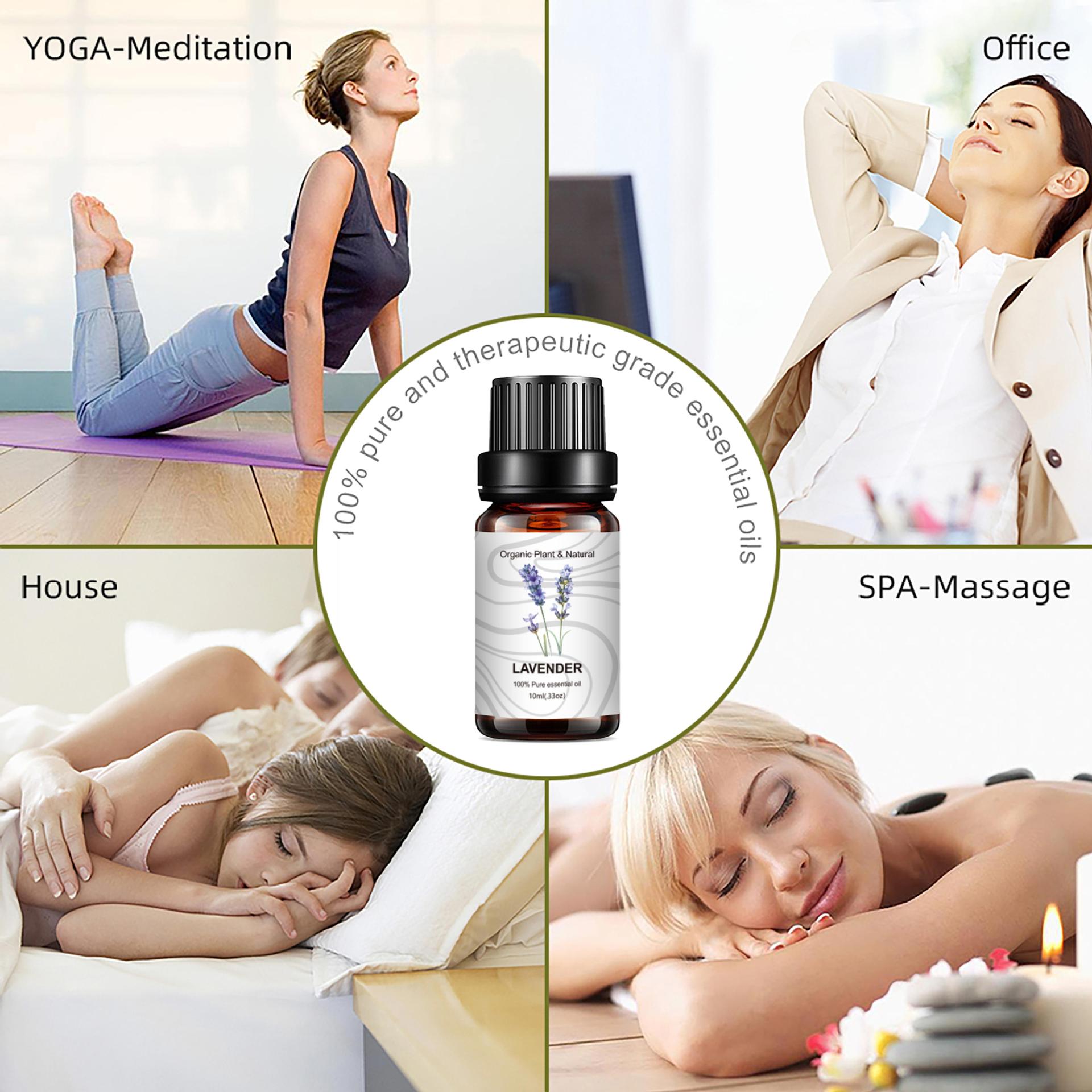



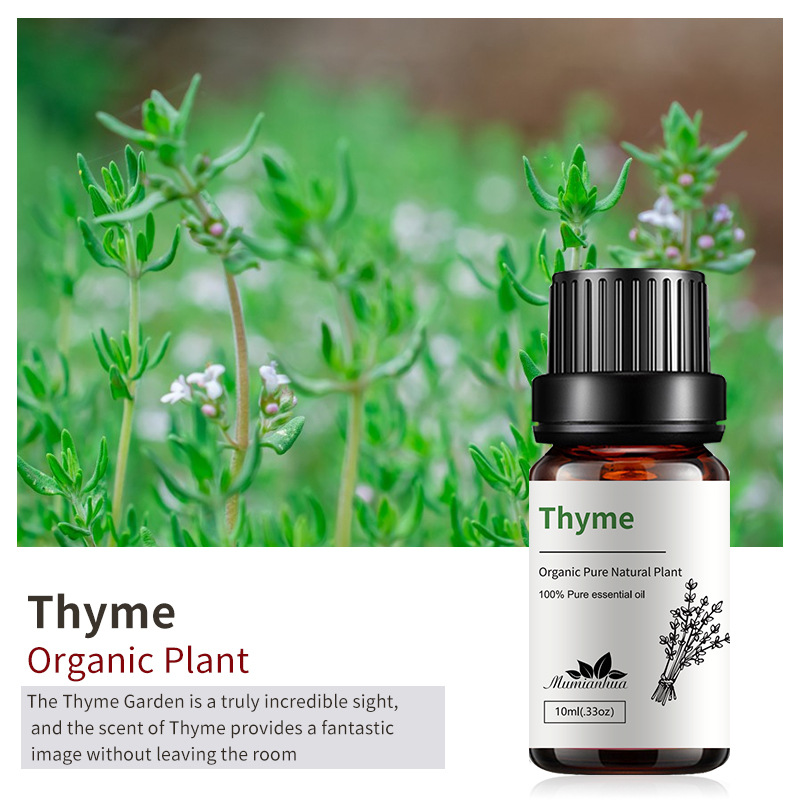
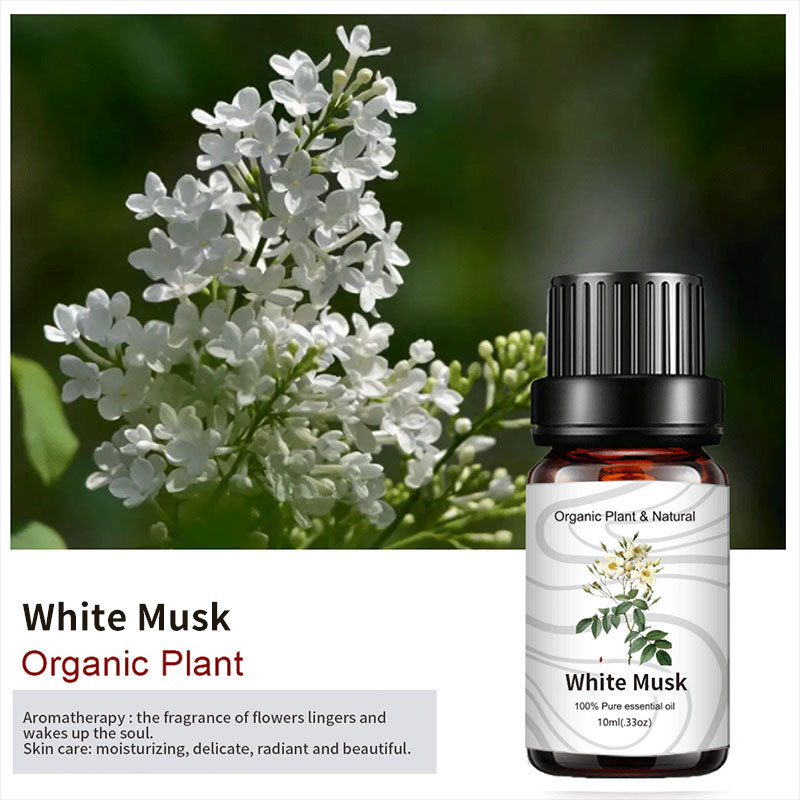
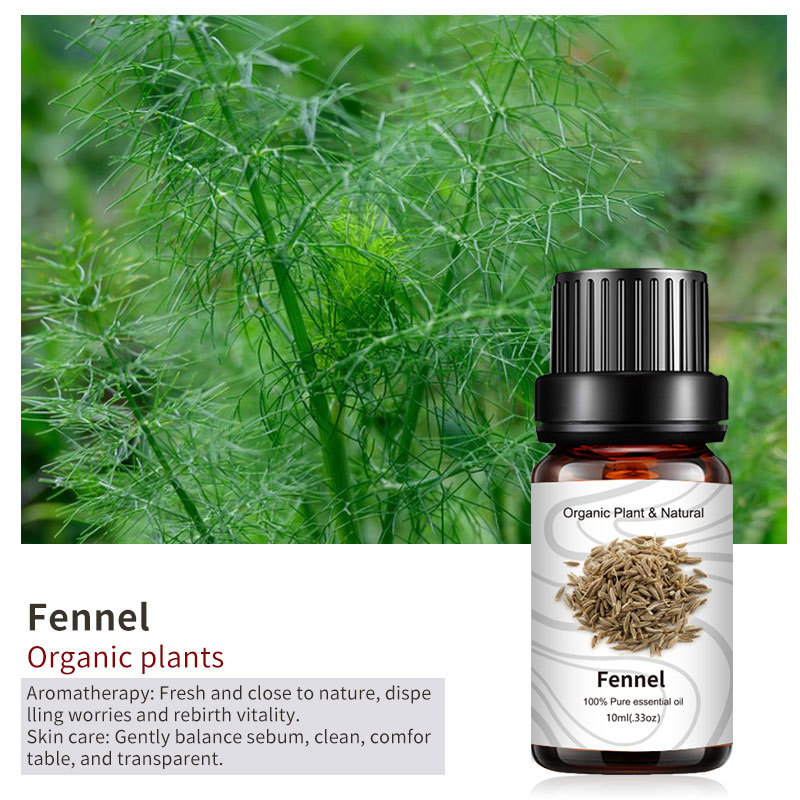
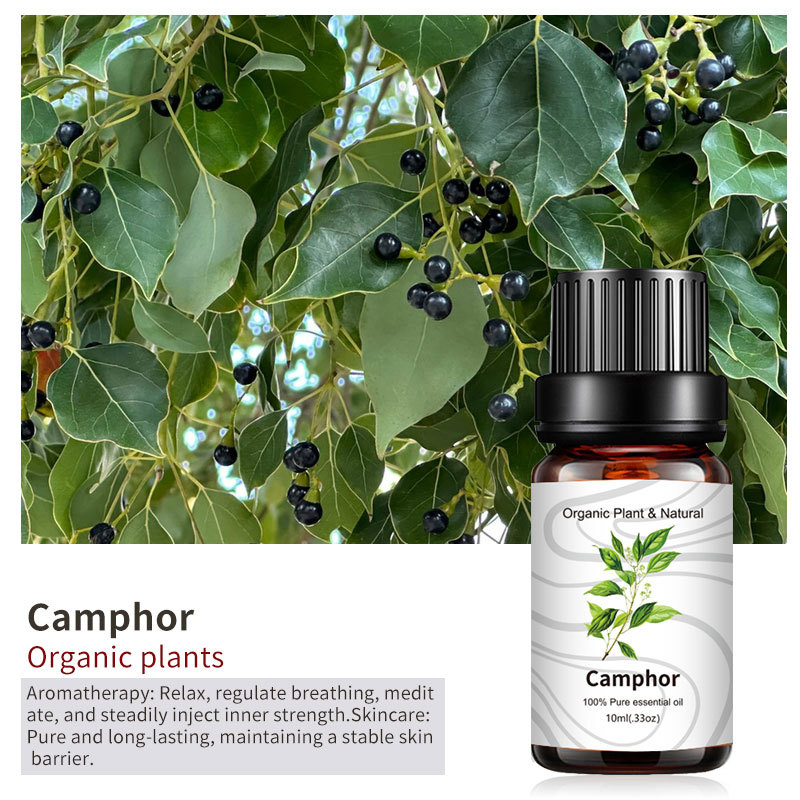
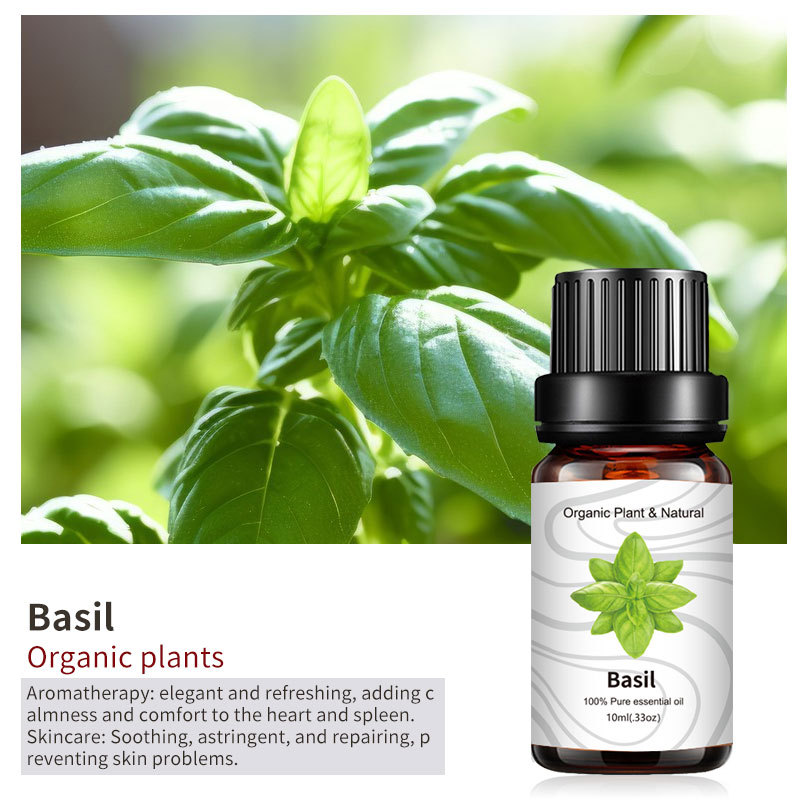
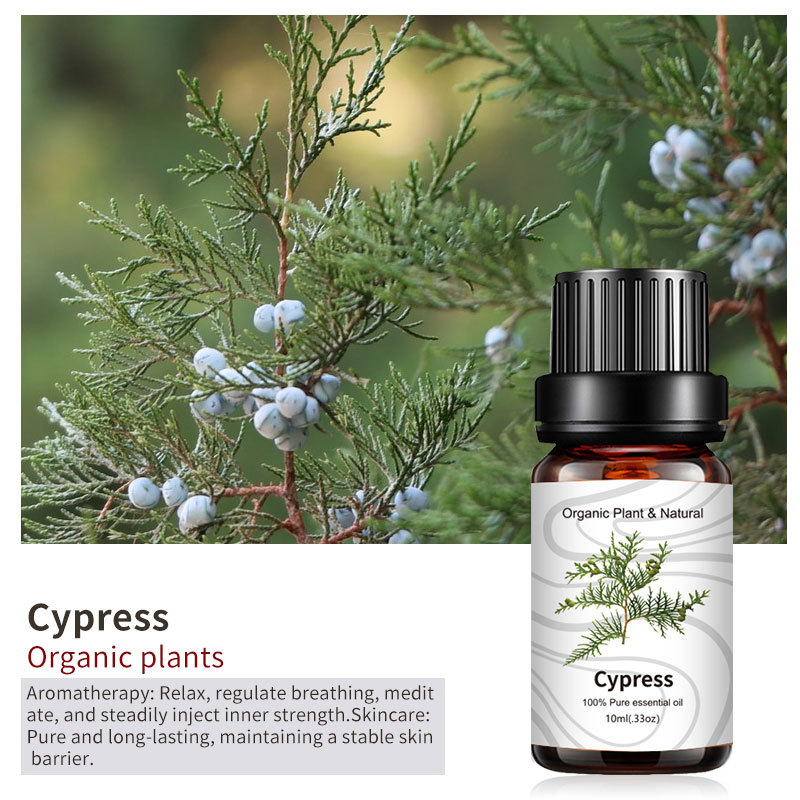
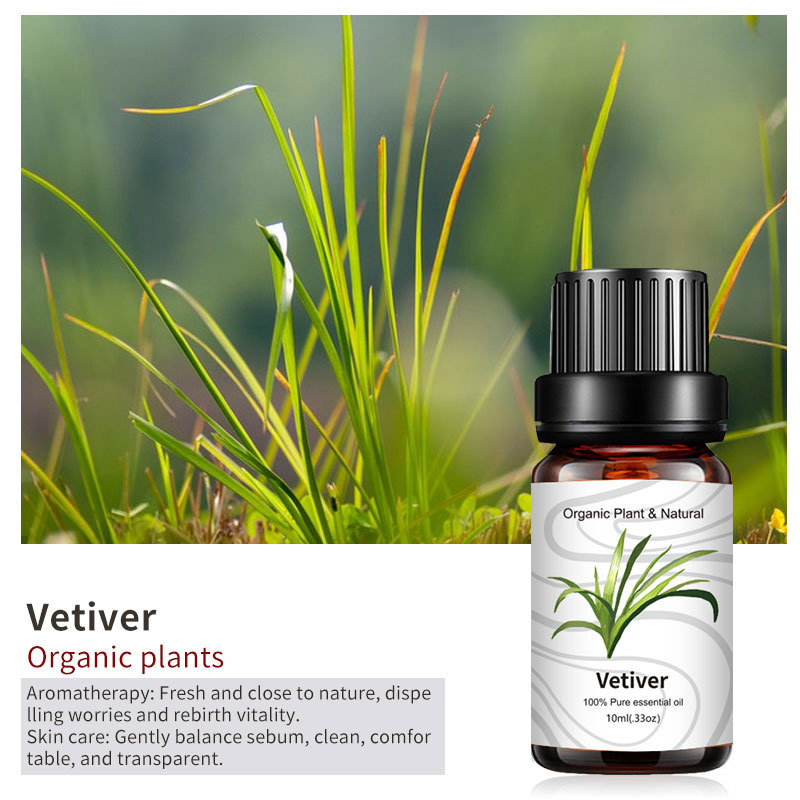
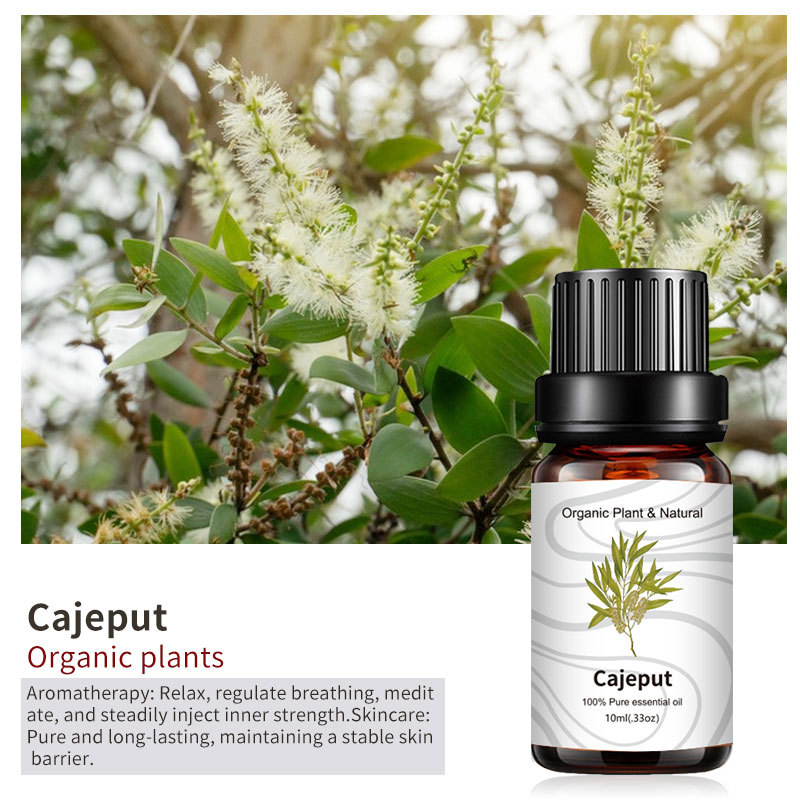
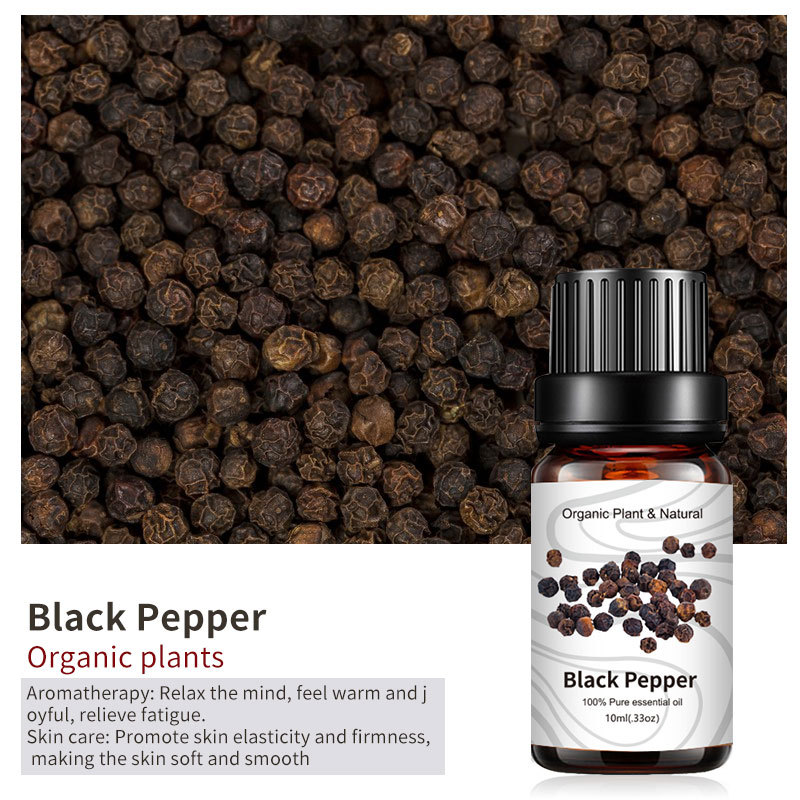
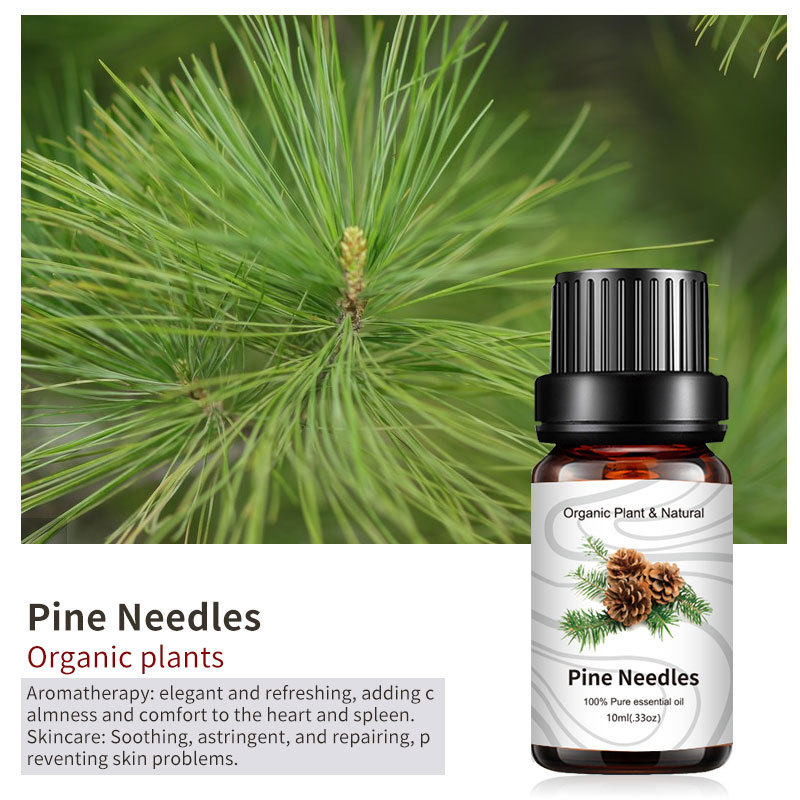
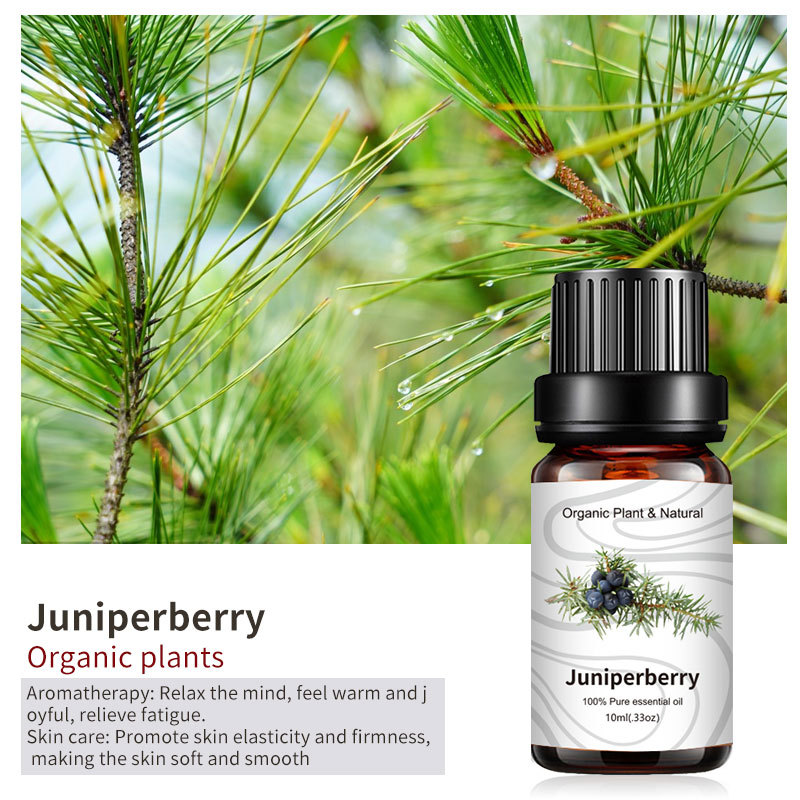
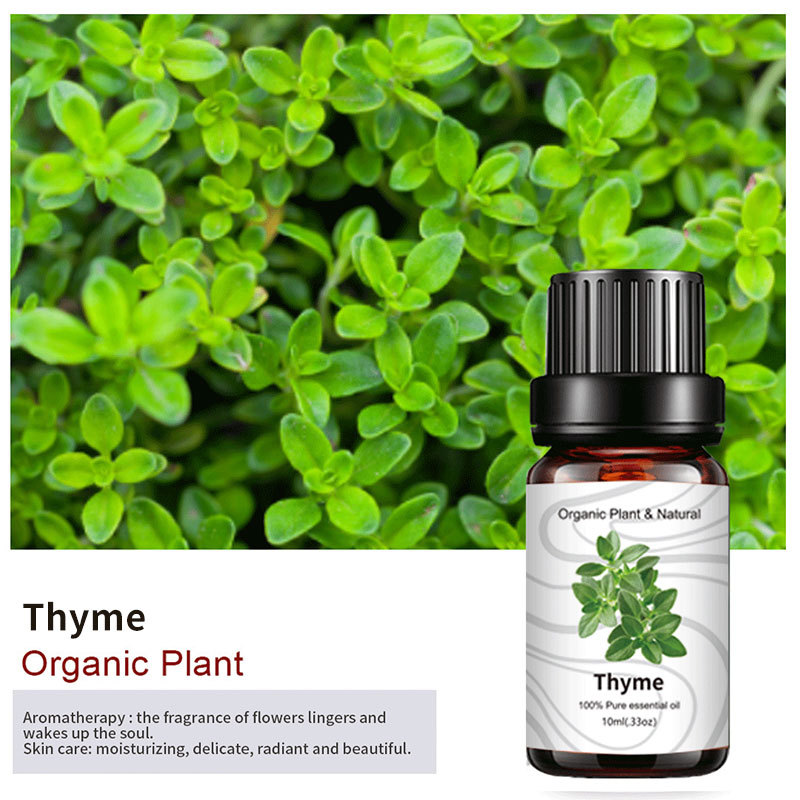
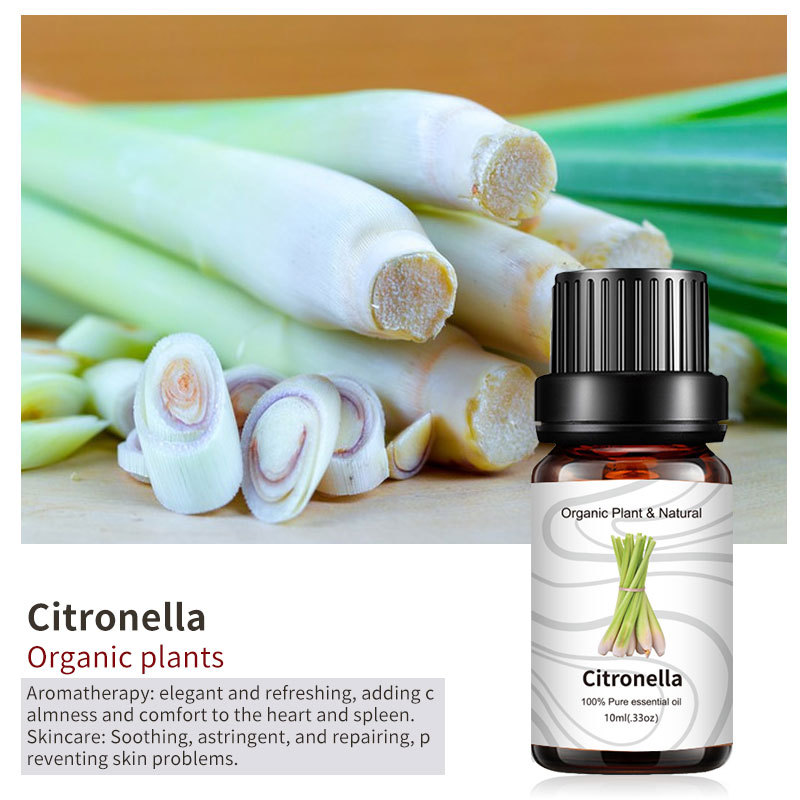
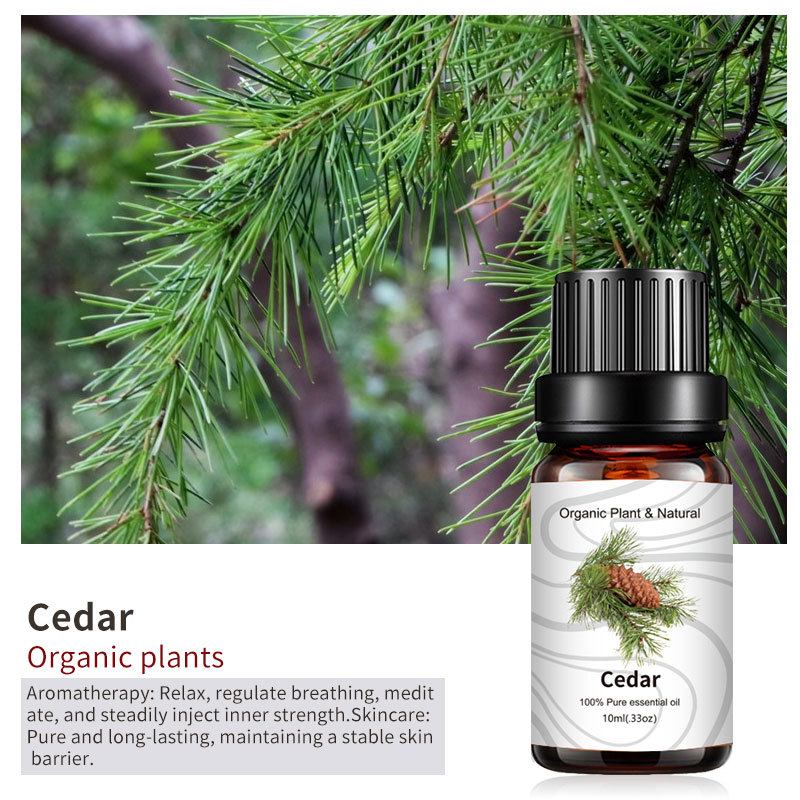
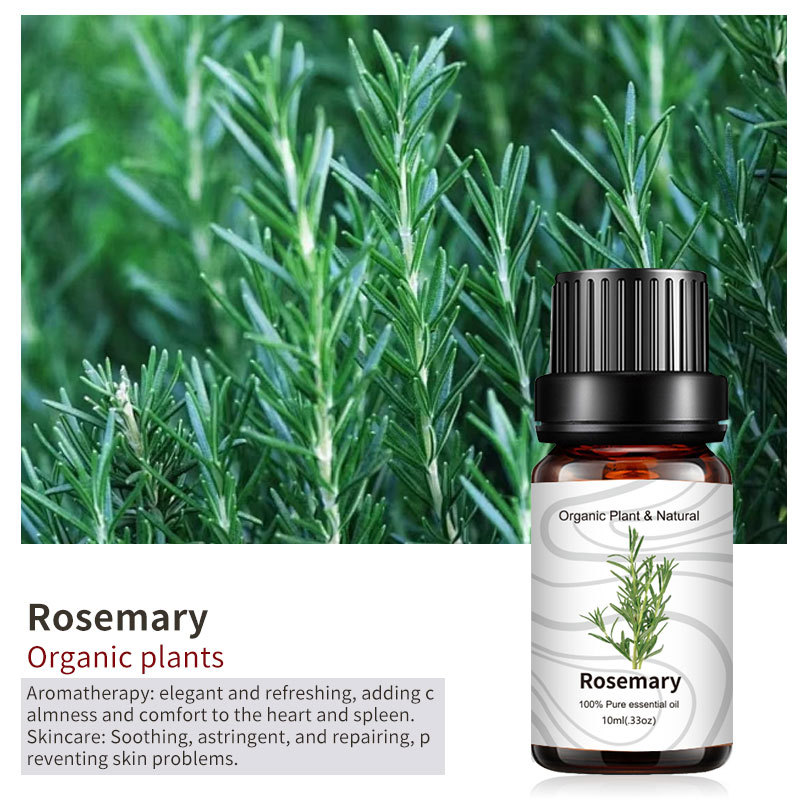
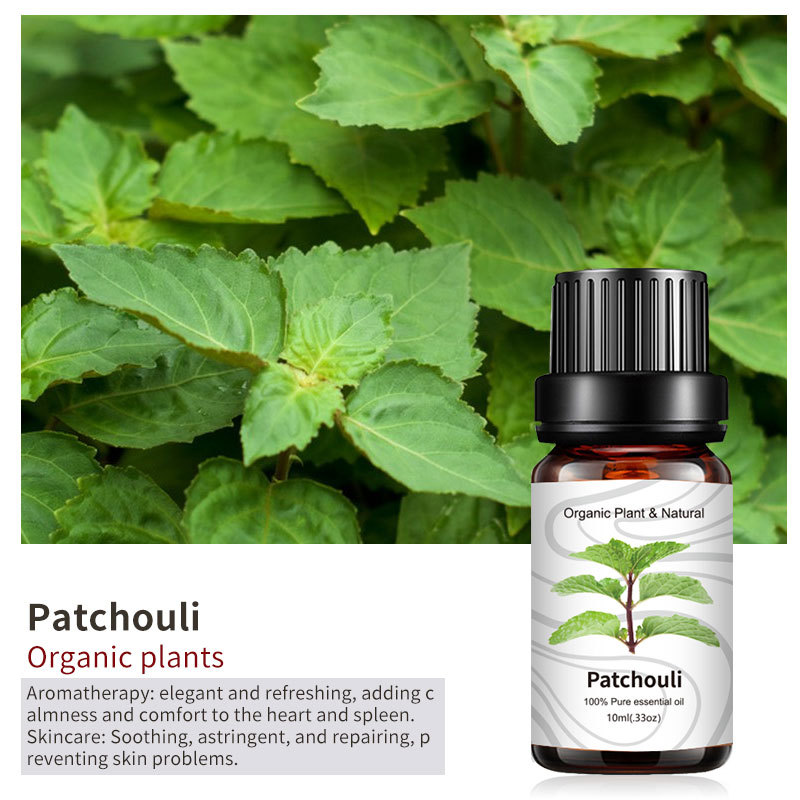
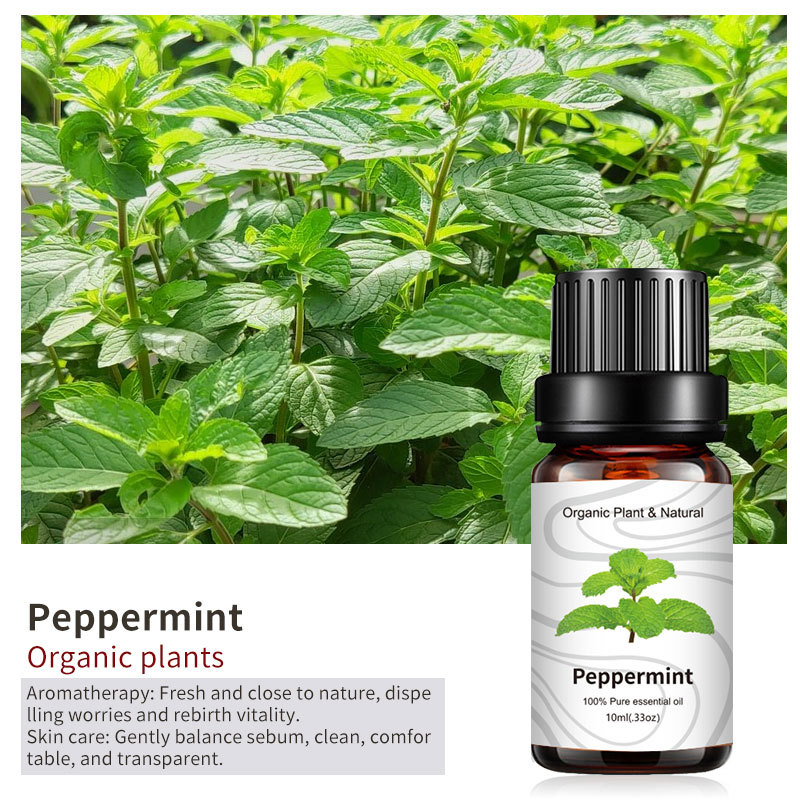
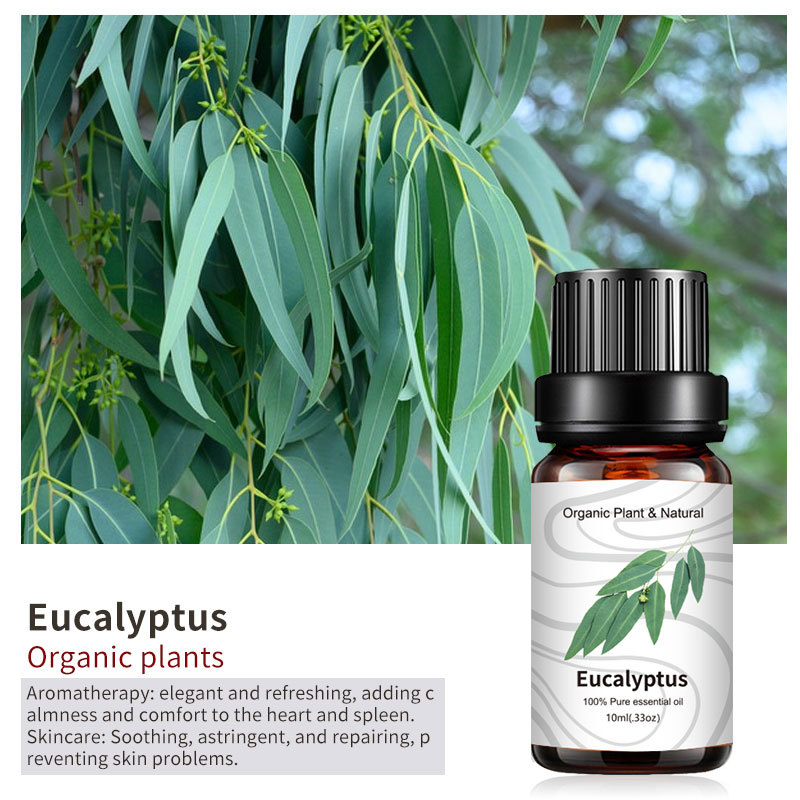

{{item.comments}}